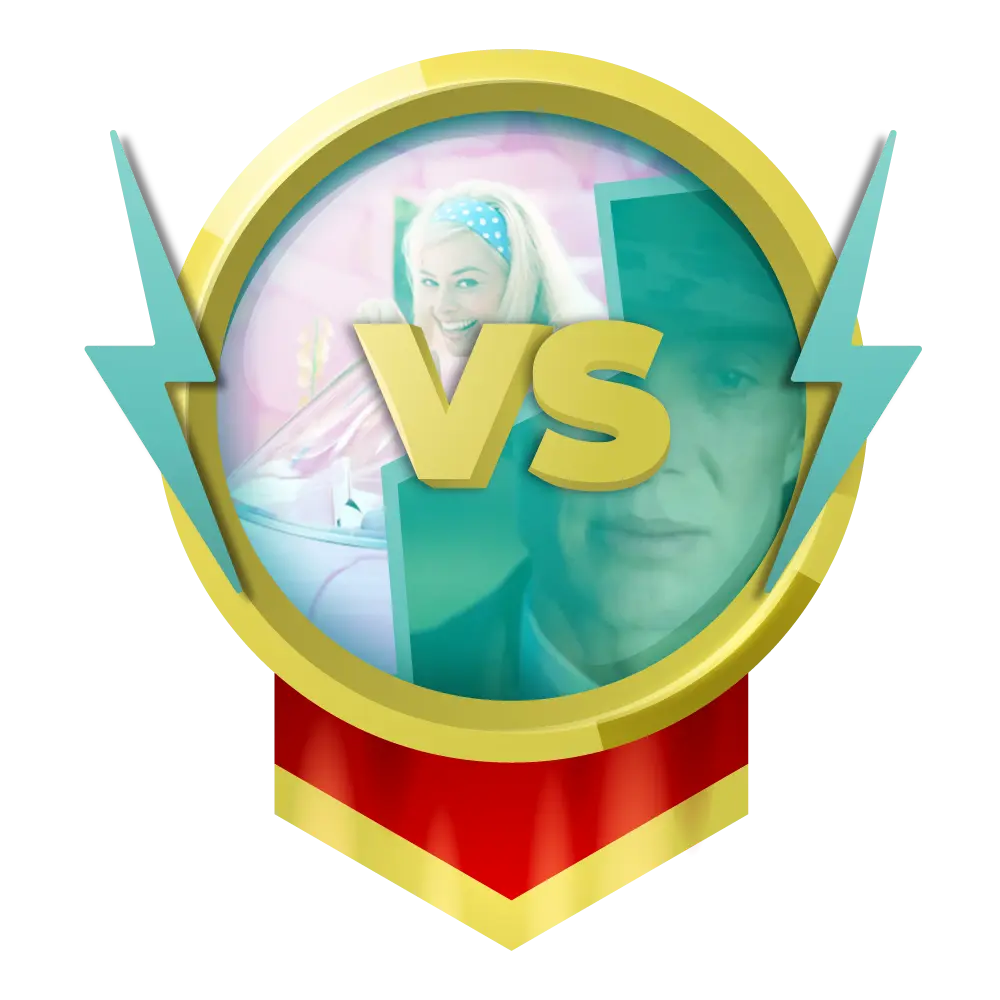Netflix’s Adolescence (2025) is a punishing watch. Created by Jack Thorne and Stephen Graham, directed by Philip Barantini, this four-episode British drama unfolds through relentless one-hour-long single takes. It’s suffocating, unflinching, and deeply uncomfortable—but that’s exactly why we need to talk about it.
The series revolves around 13-year-old Jamie Miller (Owen Cooper) who's accused of fatally stabbing his female classmate. Each episode peels back another layer of the case, shifting perspectives between Jamie, his parents, his therapist, and the detectives investigating the crime. The result is a brutal portrait of shame, fear, helplessness, and the unspoken violence embedded in teenage social dynamics. It’s a show about masculinity, about how boys learn what it means to be a man, and about the structures that fail both victims and perpetrators alike.
Jamie is not an obvious monster. He’s a scrawny, academically bright kid with little athletic ability, much to his working-class father’s disappointment. But he’s also trapped—trapped in a world that tells him masculinity is about dominance, about being feared, about asserting control. And so, in his desperation to fit into the hyper-masculine hierarchy of his school, he makes a choice that will define him forever. The show doesn’t excuse his actions, but it does demand that we examine what led him there.
The second episode follows two detectives as they investigate Jamie’s school, and it is a particularly harrowing watch. The school is chaotic—teachers barely maintain order, classes rely on video lessons, and students seem either hyperactive or completely withdrawn. Bullies rule the hallways and the weak suffer in silence. The officers remark that the place "fucking stinks." The handheld camera never stops moving, dragging us through stairwells, classrooms, and crowded corridors. Watching it, I was hit with a memory I had long buried: my elementary school years.

I’m almost thirty now, and I rarely think about my early school years. But something about Adolescence brought it back in flashes—the way social groups formed like unspoken contracts, the way friendships could shift into rivalries overnight, the way you had to belong to something or risk being swallowed whole. I remember the pressure, the silent battles, the way even so-called friends could turn on you. We were too young to understand why we were always tearing each other down, but we did it anyway. I hadn’t realized until now how much of that I had chosen to forget.
At the heart of Adolescence is the idea that young boys like Jamie aren’t just born violent. They are shaped by the influences around them—parents, peers, online figures like Andrew Tate who package misogyny as self-improvement and sell it to lost, insecure boys looking for meaning. The show makes it painfully clear: toxic masculinity is not just a problem for women; it’s a prison for men too. And yet, the worst villains in this story aren’t the boys themselves, but the systems that let them fester—tech giants that profit off radicalization, educational institutions that don’t intervene, and a culture that still refuses to have honest conversations about gender and power.
There’s a gut-wrenching moment in a warehouse-sized supermarket. Jamie’s father, seeking temporary escape from the shame that now follows him everywhere, runs into a store employee—a small, unassuming man who, recognizing him, leans in and quietly says he supports Jamie. The father is stunned, disgusted, and momentarily speechless. He doesn’t know what an “incel” is, but he understands, in that moment, that his son has been claimed by something far worse than he imagined.

And for Jamie’s father, the worst part is that, despite his efforts to break free from an abusive upbringing, he has unknowingly perpetuated the very toxic ideals he once tried to escape.
What Adolescence does so well is show how these narratives take root—not just online, but in families, in schools, in seemingly ordinary interactions. People are constantly absorbing and reinforcing ideas about what it means to be a man or a woman, and what power or weakness looks like. The lines between the digital world and reality blur, and soon, the labels we use to define ourselves become inescapable.
Adolescence doesn’t offer solutions. It doesn’t tell us how to fix a culture that keeps producing Jamies. But it forces us to look—really look—at the ways we fail young boys, and in turn, the ways they fail everyone else.




















































View replies 0